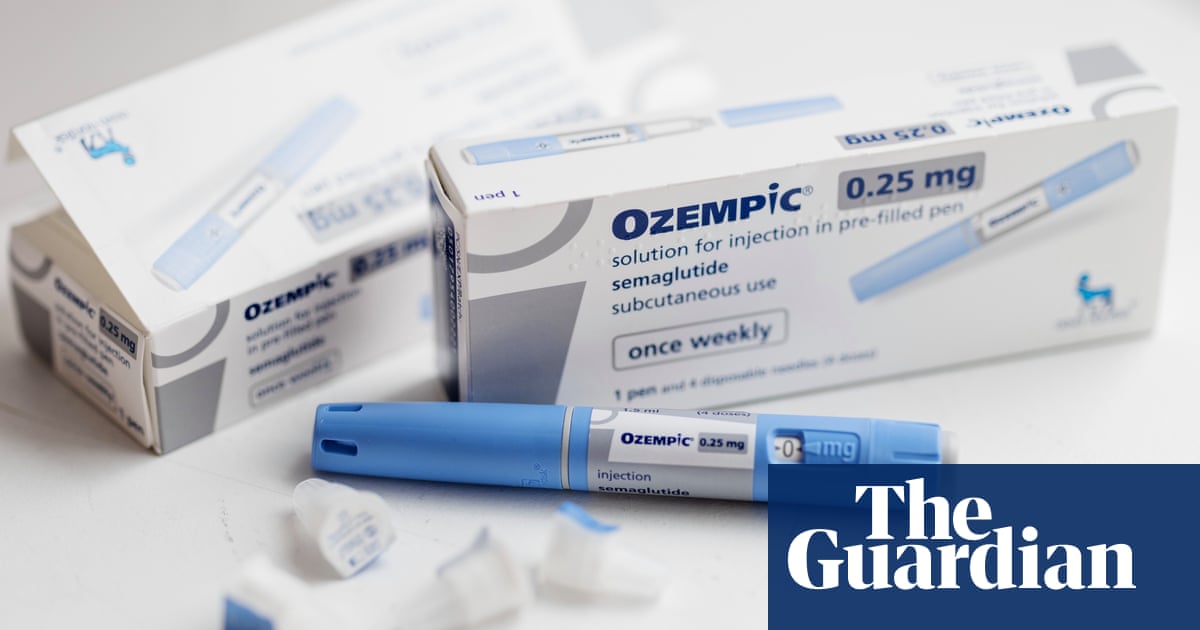Researchers say semaglutide, the active ingredient in Wegovy and Ozempic, could be biggest medical breakthrough since statins
A weight loss injection could reduce the risk of heart attacks and benefit the cardiovascular health of millions of adults across the UK, in what could be the largest medical breakthrough since statins, according to a study.
It found that participants taking the medication semaglutide, the active ingredient in brands including Wegovy and Ozempic, had a 20% lower risk of heart attack, stroke, or death due to cardiovascular disease.
The study, presented at the European Congress of Obesity (ECO) and led by researchers at University College London, also found that semaglutide brought about cardiovascular benefits for its participants, regardless of their starting weight or the amount of weight that they had lost. It suggests that those with mild obesity or who have lost only a small amount of weight could have an improved cardiovascular outcome.



Is this because people taking it lost weight or would there be a benefit for everyone, even people already at healthy weight?
The paper.
I don’t know much about medical research, but it seems like they’re not really testing whether the benefit comes from the weight loss or from some other mechanism. i.e. if the subjects could lose weight through some other means, would they still gain the benefit?
Ah thanks, so it was only tested on overweight people with existing heart issues.